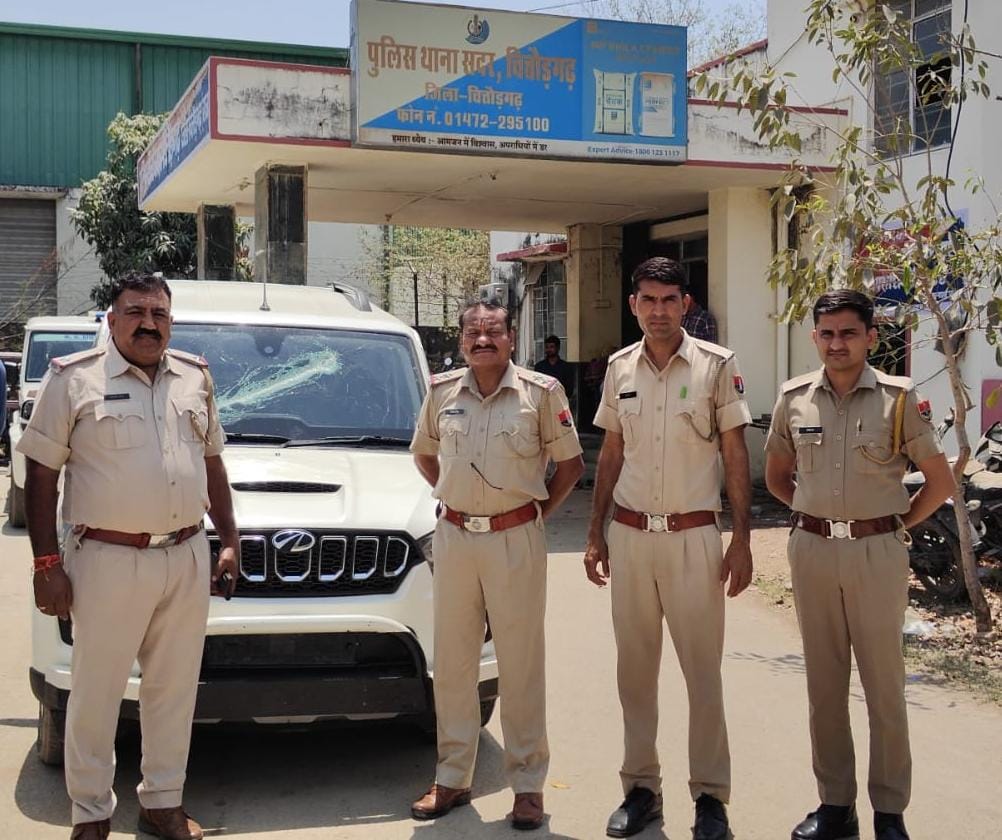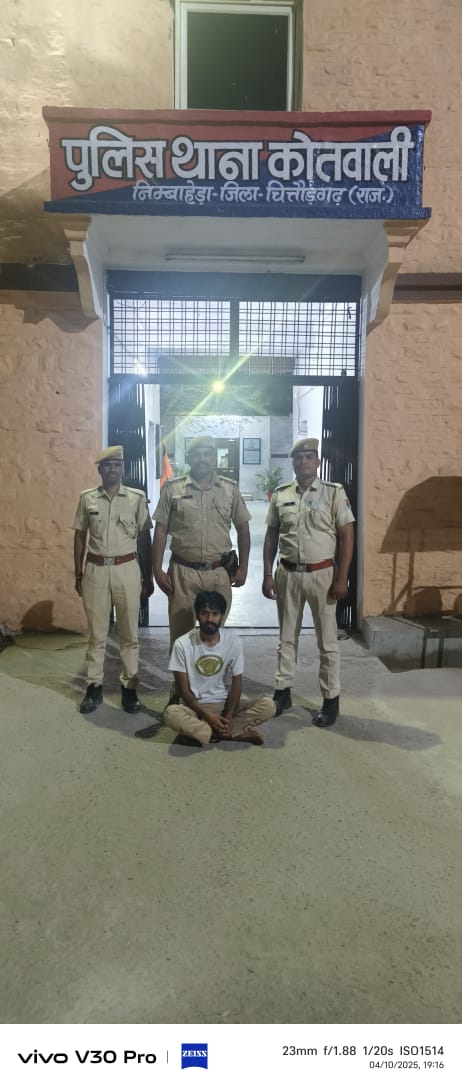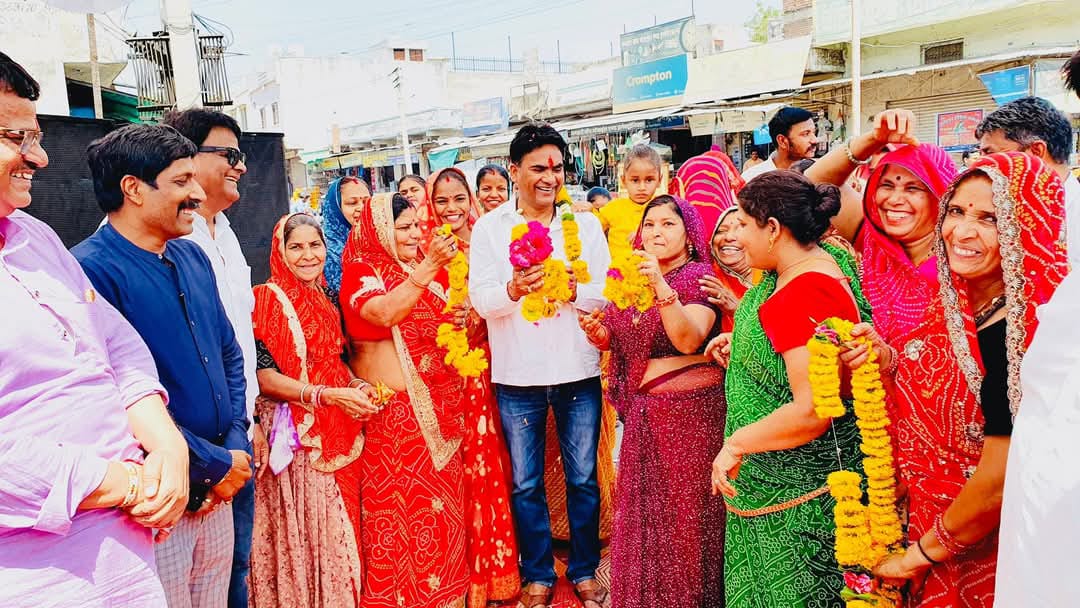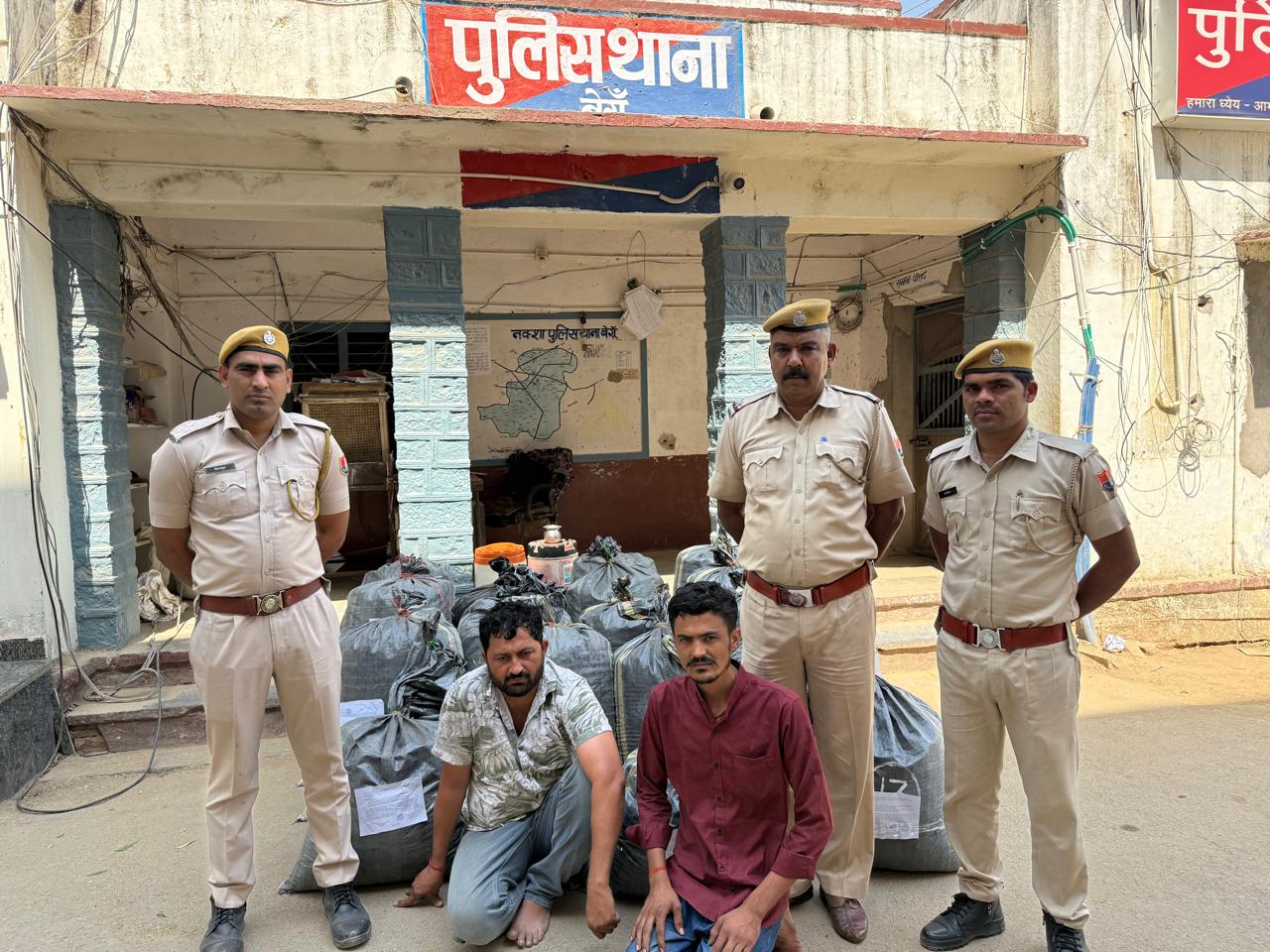Voice of Pratapgarh News ✍️Reporter by Ravindra Arya
UP/Ghaziabad। Why is the issue of Bangladesh so critical? What challenges does it present for us in the future? It is essential for every citizen to understand this.
What we are witnessing in Bangladesh today is not new. These events trace back to 1971 and even earlier. The atrocities began during Gandhi’s time in Noakhali when the Muslim population of what is now Bangladesh started attacking the Hindu Sanatan society. After 1971, the exodus of Hindus began, and today, only 7.97% of the population in Bangladesh is Hindu. Imagine—out of 170 million people, only 13.5 million are Hindus.
Even with all these statistics available, when the atrocities began in July 2024 and peaked in August, how much resistance did we show? Across the country, the protests were negligible. Are the Hindus living in Bangladesh not our brothers, sisters, children, or elders? If Islam worldwide can unite as one family, and Christianity can be one family, why can’t we? Hindus belong to a culture that nurtures and enriches the land they live on. Hindus have greatly contributed to the development of Bangladesh’s economy, only to be slaughtered in return.
This aligns with what Dr. B.R. Ambedkar said: “The Muslim concept of brotherhood applies only to Muslims and not to Hindus.” Even if some Muslims wish to maintain harmonious relations, others unite to prevent it.
This is the story of a $13.8 billion trade sector. Hindus in Bangladesh are being stripped of their businesses and jobs, forcing them to flee to India. Their homes are being taken over, leaving them with no choice but to migrate.
When four million Hindus came to India, they faced challenges. When destitute Hindus returned from Pakistan, they faced difficulties. And when India implemented the Citizenship Amendment Act (CAA) as a thoughtful strategy, it was met with vehement opposition to prevent Hindus from securing safety. Hindus must become aware of these strategies. We must not resort to violence but uphold the Constitution.
It’s important to note the contrasting responses: when 10 Muslims are killed, Jamaat-e-Islami organizes massive protests, and figures like Tauqir Raza and Mahmood Madani deliver inflammatory speeches. Yet, when Hindus in Bangladesh are killed, no such solidarity is seen.
This does not mean everyone should start fighting but instead remain vigilant because the incidents in Bangladesh directly impact India’s politics, economy, and communal harmony.
Look at the brutality in Bangladesh, where, out of 67 districts, only four have a 20% Hindu population. These areas have witnessed the worst atrocities, including the rape of Hindu women and children, and their subsequent burning alive. Despite these horrors, Hindus in India remain complacent, as they have been since 1971.
Hindus prioritize rituals and temple visits, which is commendable. But if we remember Lord Ram, we must also remember him as Kodandadhari (the wielder of the bow). If we sing the praises of Lord Krishna, it should be as Yogeshwar Krishna, who never faltered, never feared, and waged a great war to establish righteousness. By recalling these forms of our deities, we can bring action and resolve into our lives and stand against injustice. Otherwise, we will continue to face the consequences we see today.
Jamaat-e-Islami is a blot on humanity. Many of its members roam freely in India. Though many have been jailed in the past 10 years, many more need to be brought to justice. Their superficial expressions of sorrow for such incidents are mere theatrics, as no investigation committee has been formed despite thousands of Hindus being murdered.
I would also like to highlight that many people know the routes through which Bangladeshis enter India, where they receive training in places like Kishanganj, and how they spread across the country. All such individuals, regardless of their status, should face charges of sedition.
When it is said that every vote counts, remember the impact of the votes of those who come from Bangladesh and Pakistan. We must assess this and act swiftly. I am not speaking in favor of any single political party, but India needs a party that speaks for Hindus and under whose governance Hindus can voice their concerns freely. Ten or eleven years ago, we could not discuss these matters openly, but today, the situation has changed.
The strength of the Sanatanis must grow so that it does not remain limited to a few but becomes the collective power of all Hindus. Only then can we emerge as a global leader, a Vishwaguru. Efforts must be made to declare at least one country a Hindu nation. Otherwise, we will face extinction.
From Afghanistan to Pakistan, Bangladesh, and even countries like Australia and Canada, Hindus are facing atrocities. How long will we endure? Jobs will eventually be lost, businesses will be destroyed, so it would be better to give everything up, buy a shroud, and sit in front of their embassies, demanding justice with international media attention.
It’s important to note that thousands of Hindus have been killed, and yet this issue remains unaddressed. It won’t be raised because the media is controlled elsewhere, and we lag in this domain. Are you aware of the threat made by Bangladesh’s Major Sharif, who claimed he could capture Kolkata with 3 million students? Can we Indians make such claims? Never—because neither our culture nor our values allow it, nor do we have the strategies for such thinking.
Therefore, I urge everyone to remember and uphold their nationalism. We are the children of a great culture, and we must cherish and protect its heritage. If needed, we must be fearless and help our Hindu brothers and sisters become fearless too





